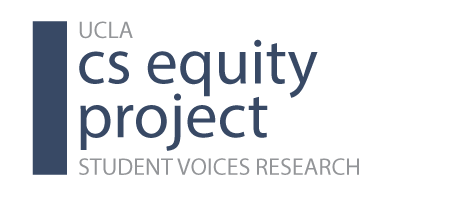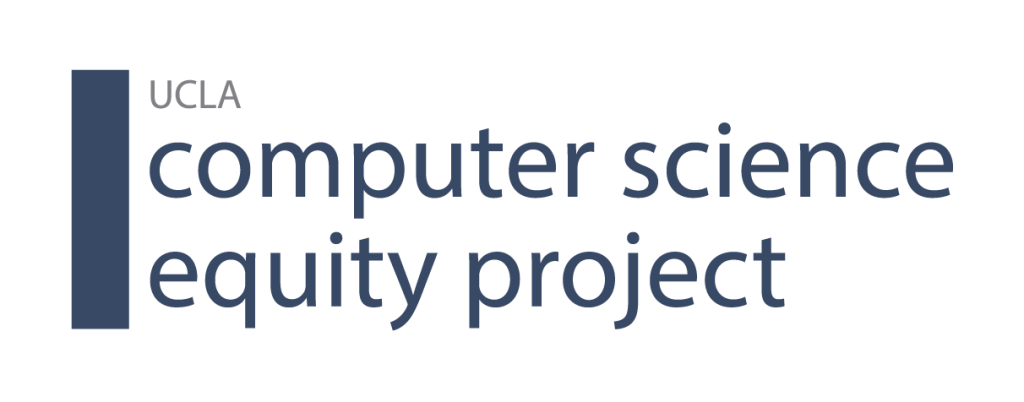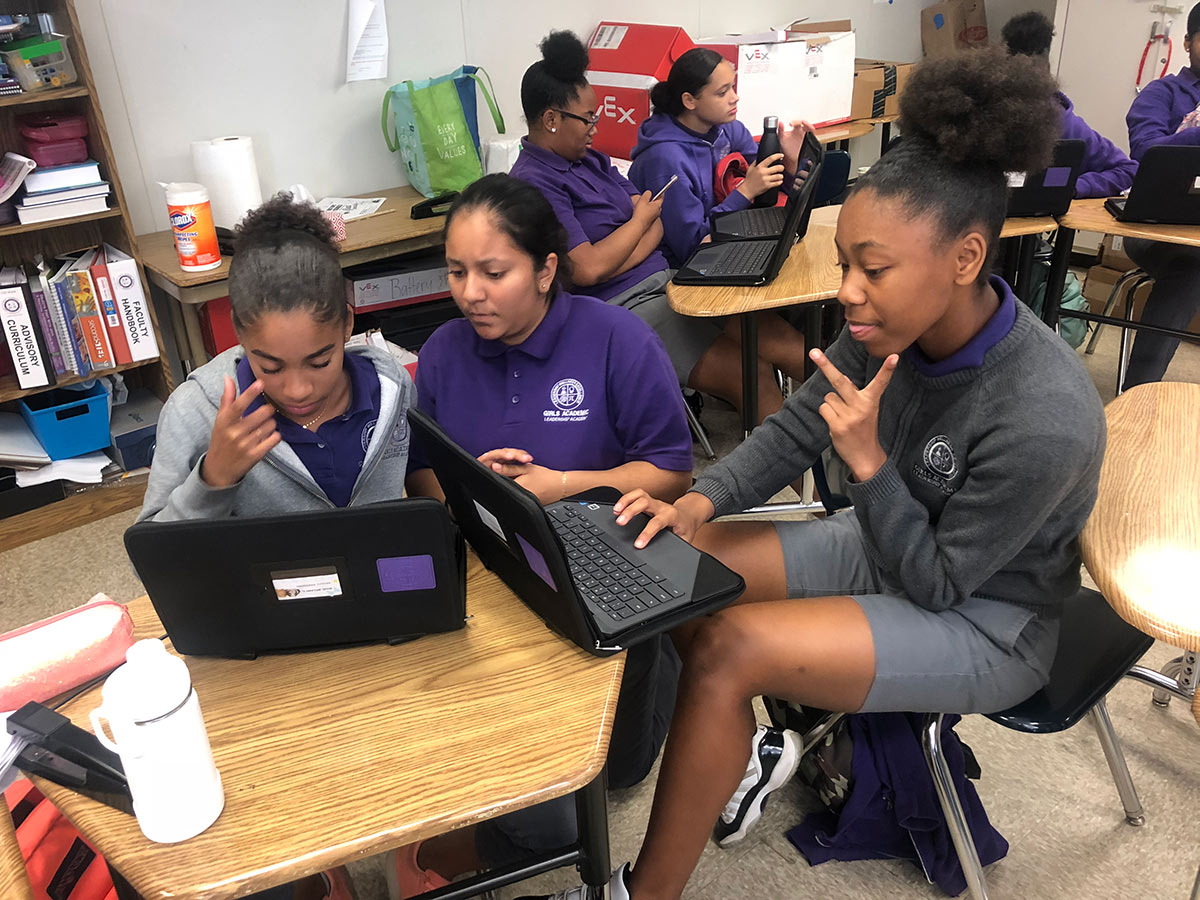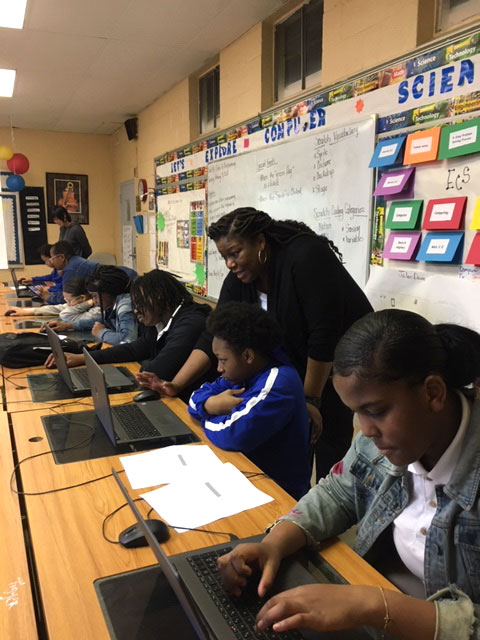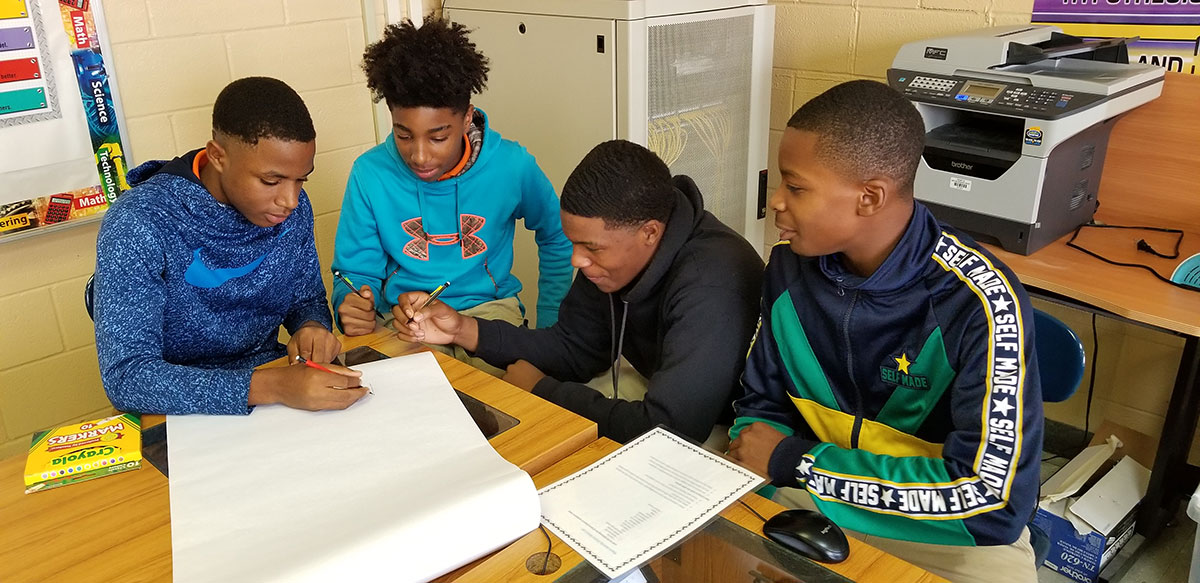OUR APPROACH/RESEARCH METHODS
Sociocultural theories of learning guide our approach to examining engagement, identity, and agency in Computer Science classrooms. These theories recognize that people do not learn in isolation, but through joint activity with others in social contexts that are directly impacted by cultural, historical, and political influences of the surrounding world (Vygotsky, 1978; Wertsch, del Rio, & Alvarez, 1995). Thus, our approach to understanding students’ experiences closely examines interactions between teachers and students, students and students, while taking into account the larger school and sociopolitical environments in which students and teachers live.
Our project involves a Research-Practice Partnership with district and educator partners across two different regions in the United States (urban Los Angeles and rural Mississippi). We have collaborated closely with our district, teacher, and student partners to create data collection protocols and jointly analyze data together. Our research question is: From the perspective of minoritized students historically underrepresented in computing, what makes a critical difference for their sense of engagement, identity, and agency in introductory CS high school classes (e.g., Exploring Computer Science and Advanced Placement Computer Science Principles)?”
Data sources we are collecting include:
- Pre- and Post-Surveys of all Exploring Computer Science and Advanced Placement Computer Science Principles students (3000+ surveys in Los Angeles; 1000+ surveys in Mississippi)
- Regular observations of focal classrooms (4 CS classrooms in Los Angeles; 2 CS classrooms in Mississippi)
- In-depth interviews with 60 focal students about their personal engagement with CS, prior knowledge, pre-to-post-course experiences, and creation of projects in Exploring Computer Science and Advanced Placement Computer Science Principles classes.
We conduct our research in Research Practice Partnerships, in close collaboration with district leaders, educators, and students. As such, the foundation of our research is our long-standing partnership with the Los Angeles Unified School District, as well as a more newly-formed RPP with educational stakeholders in Mississippi, to jointly shape data collection, analysis, and dissemination processes for this proposed work. We believe that carefully shaping our data collection approach with students and teachers, member-checking data sources with students, and co-analyzing field notes/interviews with partner teachers leads to more accurate data and better understandings of students’ experiences from diverse perspectives across the RPP team. We particularly appreciate the wealth of expertise and perspectives that students, educators, and administrators offer from our two partner regions that represent two very different but important communities underrepresented in computing: LA schools enrolling primarily urban Latinx students and Delta region/Northern Mississippi schools enrolling mostly rural black students.
